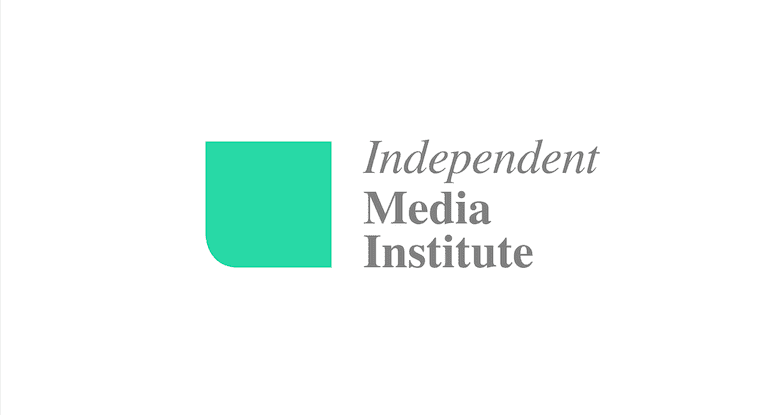Many of us have wondered whether the body of activists and dark money front groups who emerged from the 2020 election debacle would persevere into the next federal elections and attempt to subvert our democratic process in more systematic ways. Well, the tough news is that more than 80 individuals across the country are in fact running for office who in all likelihood will attempt in a range of ways to sabotage the election process in this country.
Steven Rosenfeld of the Independent Media Institute’s Voting Booth project cites a recent troubling report that states, “there is a coalition of ‘America First’ Secretary of State candidates—a group of at least eight people running for the post this cycle—that all backed former President Trump’s efforts to undermine the will of the voters in 2020.” Add in a host of local-level candidates and individuals running for attorney general and governor, and we have a problem on our hands.
Voting Booth has doggedly covered this topic since the November 2020 election—charting the election subversion process, and the many heroes and public interest advocates who have stopped them in the courts and in the public arena.
As Rosenfeld quotes one activist, “while some have tried to… move on from 2020, we cannot. It is so important to our system of democracy, and how the people of this country are represented, and their votes are counted, that we have nonpartisan trusted election officials in these positions that are making these decisions. And what we are seeing happen across the country is putting that system at risk.”
And I also want to share what the many other talented journalists of IMI have been up to:
 |  |
Sam Davis, a conservation scientist working at the intersection of forests, climate and justice, writes that the recent decision by the Supreme Court to consider limiting the scope of the Clean Water Act of 1972 is likely to further threaten the biodiverse ecosystems of the United States. No version of “waters of the U.S.” (WOTUS), part of the Clean Water Act, adequately protects the nation’s natural areas, and the lack of clarity over the federal law has virtually stripped U.S. wetlands from protection, which could have far-reaching environmental impacts as we try to mitigate the additional challenges posed by climate change.
Kids are really worried about issues directly impacted by the climate crisis too. EFL’s editor, chief correspondent and writing fellow Reynard Loki recently met with seventh grade students at the Math and Science Exploratory School in Brooklyn, New York, and wrote about what is worrying them—rising sea levels, extreme weather events, the spread of disease, air pollution and the extinction crisis. Using letter templates provided by Loki, the students personalized their messages to their elected representatives urging lawmakers to support a part of the New York state budget that puts bills on the state and federal levels that strengthen our response to the climate crisis, which were emailed and tweeted to legislators by EFL. Loki discussed this youth climate activism campaign in a recent public radio interview.
Young people are also making their voices heard through creative campaigns in collaboration with MacArthur grant-winning visual artist Mel Chin that appeal to representatives to tackle childhood lead poisoning. Affecting an estimated 37 million U.S. homes, chronic lead poisoning is highest in children in low-income families and communities of color, underscoring the pervasive issues of race and environmental justice. Editorial fellow Rachel Raphaela Gugelberger writes about some of the ways in which artist Mel Chin employs art and community engagement as powerful tools for addressing complex environmental issues.
 | 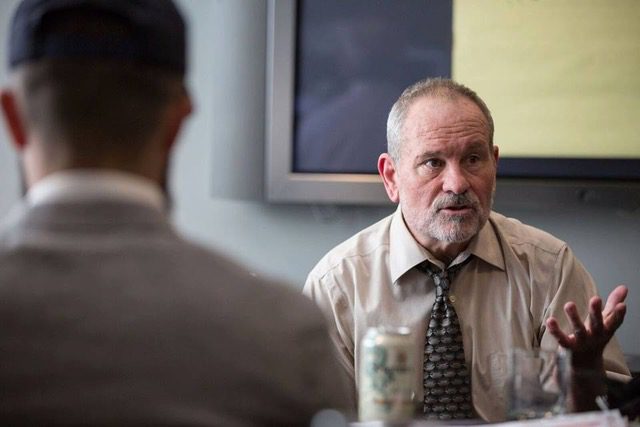 |
An ongoing investigation by Our Schools chief correspondent Jeff Bryant has revealed that a substantial sector of charter schools, particularly those operated by for-profit operators like Accel Schools, are at the forefront of a wave of charter operations that follow an investor-driven business model. Inside the charter schools—which former teachers and board members described as having rushed orientations; no school handbook, curriculum, books or instructional materials; empty classroom shelves; worn flooring and furniture; and insufficient heating—students are expected to spend most of their instructional time on Chromebooks supplied for in-school use only, and to work on i-Ready, a digital software program for reading and mathematics, for at least 30 minutes per class period.
For years, charter schools have gotten away with wasting billions in federal funding, but a wave of new proposals would end the grift. “President Joe Biden is taking steps to ensure that federal education funding will not be squandered on unneeded, mismanaged schools and the operators wanting to profit off of taxpayers,” writes Jeff Bryant in the Progressive. But these efforts are being opposed by the powerful charter school lobby, which has enjoyed a privileged status in the U.S. Department of Education and has responded to government proposals prohibiting funds to charters that hand over their finances to for-profit operators with a campaign of hyperbolic misinformation.
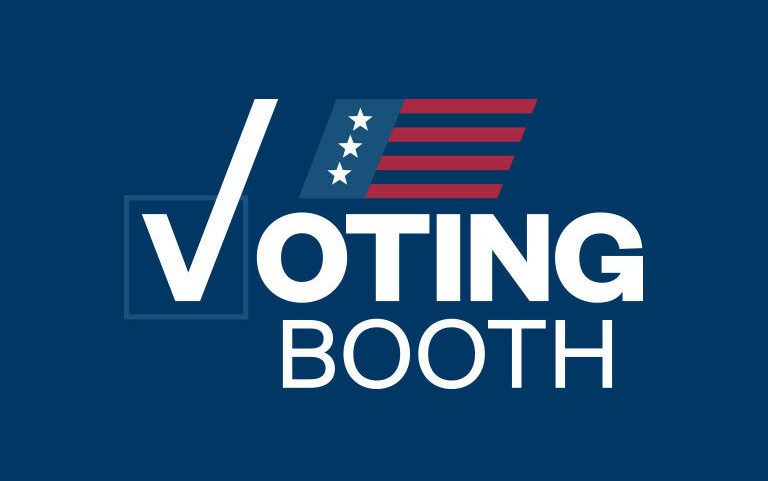 | 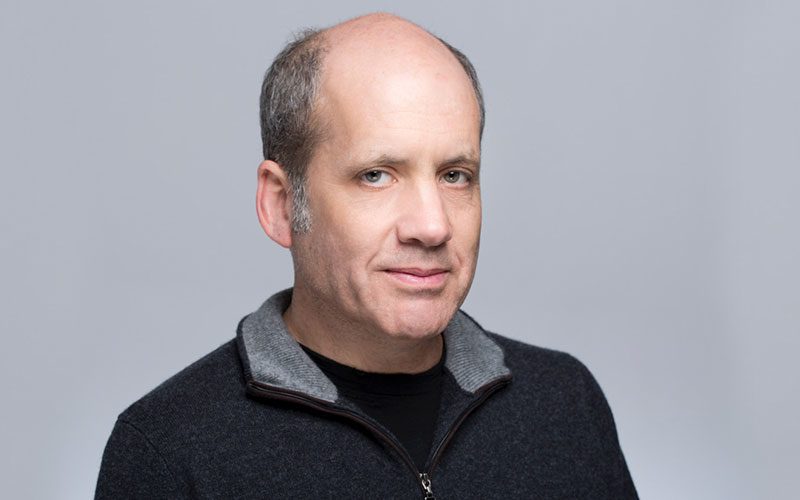 |
Did you know that more than 80 election-denying candidates are running for governor, attorney general and secretary of state in 2022’s primaries? A series of reports by Voting Booth’s chief correspondent Steven Rosenfeld underscore that disinformation is getting worse in 2022, not better. Partisan propaganda, election denial, conspiracy-minded secretaries of state, and anti-voter legislation in 41 states are jeopardizing the future of accessible, fair, and trustworthy elections.
Believers of Trump’s big lie about the 2020 election continue to ignore national media and election experts, writes Rosenfeld. As 2022’s primaries approach, an unprecedented wave of public and private efforts are underway to foster trust in election operations and election officials in response to ongoing claims by Donald Trump and his supporters, including many officeholders and candidates, that President Joe Biden was not legitimately elected. Will they be convinced by poll workers and local leaders to trust the democratic process again?
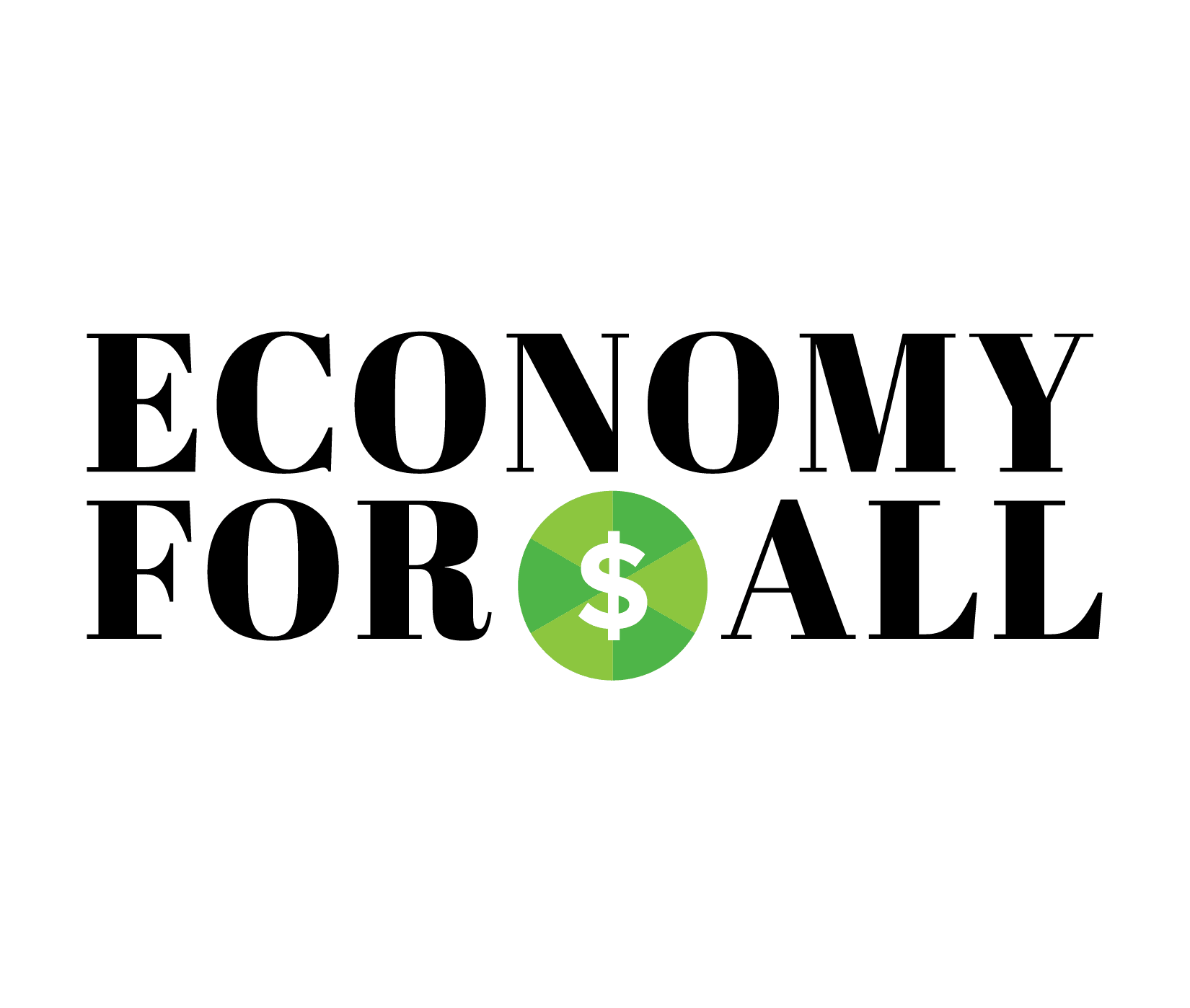 |  |
One of the most problematic areas in the social response to the world health crisis of COVID-19 has been the profit-seeking and opportunism of Western private businesses. If you ever wondered how we went from a culture that produced Jonas Salk, who understood vaccines as a social product and a public good, to pharmaceutical executives at companies like Pfizer and BioNTech negotiating the sale of their medicines while prioritizing profits over public health, check out the new book Owning the Sun: A People’s History of Monopoly Medicine from Aspirin to COVID-19 Vaccines by IMI Economy for All fellow Alexander Zaitchik, which was released by Counterpoint Press in March. Owning the Sun tells the story of one of the most contentious fights in human history: the legal right to control the production of lifesaving medicines.
Sonali Kolhatkar, chief correspondent and writing fellow for Economy for All, writes on the multipronged strategy of state-level abortion bans that have chipped away at reproductive rights, ushering in the end of women’s right to choose to have an abortion without excessive government restriction. “You have to admire the long game that anti-abortion evangelicals have played, steadfastly remaining single-issue voters, catapulting any state or federal leader into power—no matter how antithetical to their values—as long as they promise to oppose abortion,” writes Kolhatkar. “Asleep at the wheel, lawmakers have left Americans at the mercy of a vocal minority intent on criminalizing abortion while caring little about financial support for parents.”
The IMI team is hard at work producing these and many other important stories. Please join us now—we need you.
And in case you missed it, here is more of our most recent work:
Can We Abandon Pollutive Fossil Fuels and Avoid an Energy Crisis?
Richard Heinberg – May 3, 2022 – Earth | Food | Life
How Young Workers Are Unionizing Starbucks
Sonali Kolhatkar – May 2, 2022 – Economy for All
Community Schools Were Working in Oakland, But the District Is Shutting Them Down Anyway
Jeff Bryant – May 1, 2022 – Our Schools
The Different Ways That the U.S. and Chinese Governments Use Their Power to Regulate Capitalism
Richard D. Wolff – April 29, 2022 – Economy for All
How PeoplesHub Is Fostering Local Revolutions
Aric Sleeper – April 27, 2022 – Local Peace Economy
Policing Causes Violence, Not the Other Way Around
Sonali Kolhatkar – April 23, 2022 – Economy for All
Upcoming 2022 Primaries: A Handful of Voters Will Decide Who’s on the Fall Ballot
Steven Rosenfeld – April 23, 2022 – Voting Booth
Sarah Lahm – April 21, 2022 – Our Schools
Societies Can Prevent Wars From Starting—and the Future of Humanity Requires Peace
April M. Short – April 17, 2022 – Local Peace Economy
The Role of Capitalism in the War in Ukraine
Richard D. Wolff – April 13, 2022 – Economy for All
Why Does the GOP Side with Putin?
Thom Hartmann – April 10, 2022 – Economy for All
Jeff Bryant and Velislava Hillman – April 7, 2022 – Our Schools
Why Hydropower Dams Are a False Climate Solution
Josh Klemm and Eugene Simonov – April 7, 2022 – Earth | Food | Life
Housing Is a Human Right—Here’s How to Make It a Reality
Sonali Kolhatkar – April 4, 2022 – Economy for All
Thanks from the IMI team—please join our cause to produce media that can change the world.
